International
G7 to implement Russian oil price cap ‘urgently’
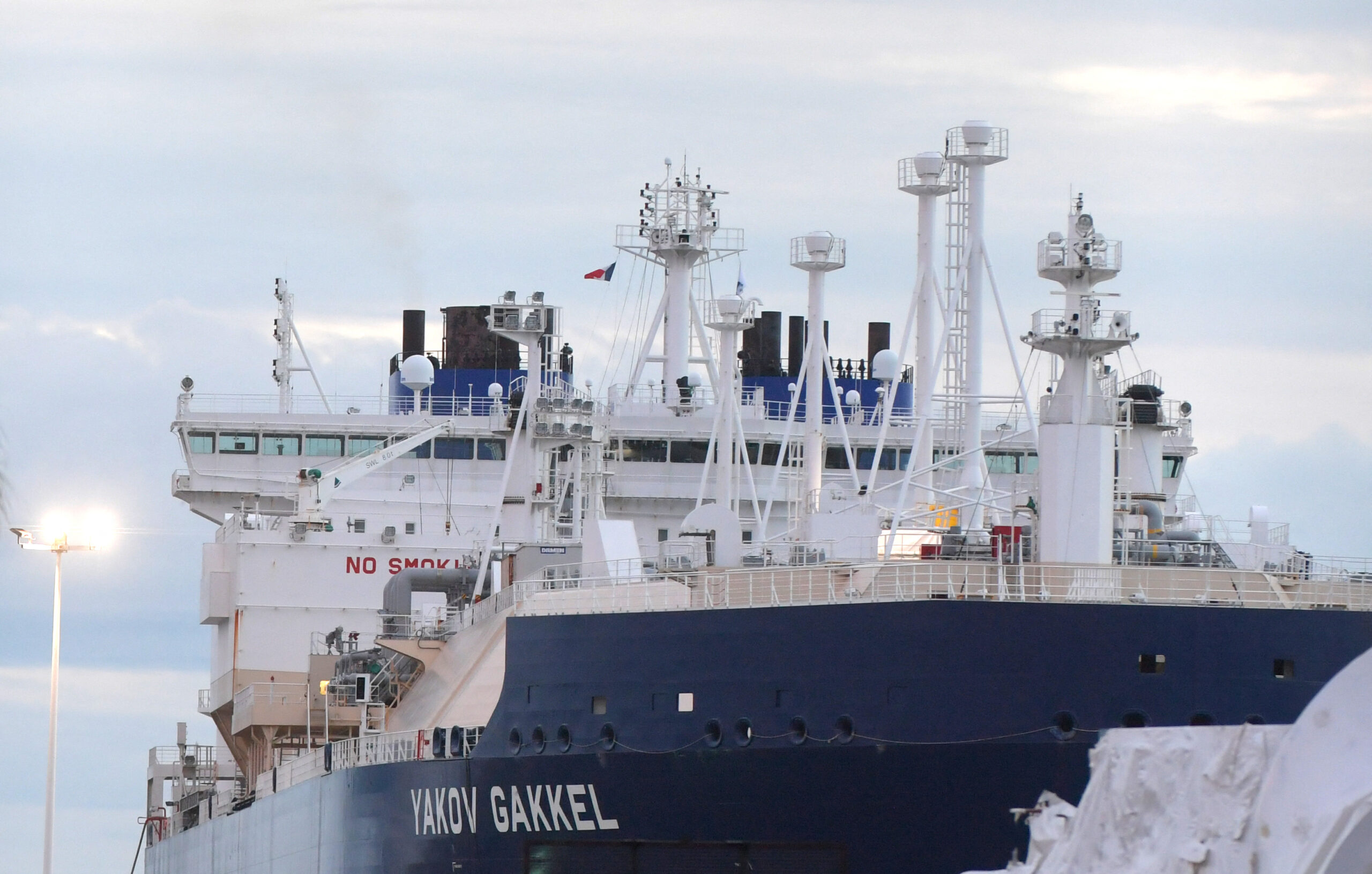
AFP | by Sebastien ASH
G7 industrialised powers vowed Friday to move urgently towards implementing a price cap on Russian oil imports in a bid to cut off a major source of funding for Moscow’s war in Ukraine.
The G7 said it was working towards a “broad coalition” of support for the measure but officials in France urged caution, saying a final decision could only be taken once all 27 members of the European Union had given their assent.
Households on the continent have borne the brunt of rising energy prices, with governments under pressure to alleviate the pain of the resulting high inflation.
“Russia is benefitting economically from the uncertainty on energy markets caused by the war and is making big profits from the export of oil and we want to counter that decisively,” German Finance Minister Christian Lindner said in a press conference after the move was announced.
The aim of the price cap on oil exports was to “stop an important source of financing for the war of aggression and contain the rise in global energy prices”, he added.
Ahead of Friday’s decision, Kremlin spokesman Dmitry Peskov sounded a clear warning.
The adoption of a price cap “will lead to a significant destabilisation of the oil markets,” and force American and European consumers to pay the price, he said.
And Russia’s Deputy Prime Minister Alexander Novak had warned on Thursday that Moscow would “simply not supply oil and petroleum products to companies or states that impose restrictions,” according to Russian news agencies.
‘Powerful tool’
At a summit in June, the G7 leaders agreed to work towards implementing the ceiling on crude sales.
In their statement, finance ministers from the G7 said they would “urgently work on the finalisation and implementation” of the long-considered measure, without specifying the cap level.
The price cap was “one of the most powerful tools we have to fight inflation and protect workers and businesses in the United States”, US Treasury Secretary Janet Yellen said in a statement Friday.
She said the measure already was beginning to influence prices, with countries that have not yet committed to join the cap able to negotiate lower prices from Russia.
“We’re already seeing this initiative pay off because countries that are buying Russian oil are signing deals with Russia to sell oil at greatly discounted prices,” Yellen said on MSNBC.
She said the capped price “will be set at a level that will continue to make it profitable for Russia to produce,” rather than follow through on Moscow’s threat to shut-in their oil and keep it off world markets.
The G7 move would block Russia from getting any kind of service, including maritime insurance, on its petroleum shipments unless the product is sold at or below the cap, she explained.
And Yellen noted that G7 countries provide the vast majority of such services, including maritime insurance, 90 percent of which come from Britain and the EU.
A senior US Treasury official told reporters that the cap would include three prices, one for crude oil and two for refined petroleum products.
The French finance ministry said technical work on the price cap was still in progress.
“It is clear that no final decision can be taken until we have consulted and obtained unanimous support from all 27 member states of the European Union,” it said.
“We support all measures that reduce the income that Russia derives from the sale of oil,” French Finance Minister Bruno Le Maire added.
EU Commissioner Paolo Gentiloni said the bloc aims to find a deal by December 5 for crude oil and February 5 for petroleum products.
‘Broad coalition’
The G7 also voiced ambition to extend the measure beyond the bloc, saying it was seeking to form a “broad coalition” of support for the oil price cap to “maximise” the effectiveness of the measure.
The ministers urged “all countries that still seek to import Russian oil and petroleum products to commit to doing so only at prices at or below the price cap”.
The push to get as many countries as possible to go along with the cap is expected to be a key topic for discussion by leaders at the G20 summit in Bali on November 15 and 16.
The initial cap would be set “at a level based on a range of technical inputs” the G7 ministers said, adding that its effectiveness would be “closely monitored”.
Analysts warned, however, that the cap may yet fuel another rise in prices.
The cap would introduce new risks for the oil market by “potentially disrupting Russian energy supplies”, Capital Economics analyst Liam Perch said in June. “This could push global energy prices up further.”
International
Germany says football bodies alone will decide on possible World Cup boycott
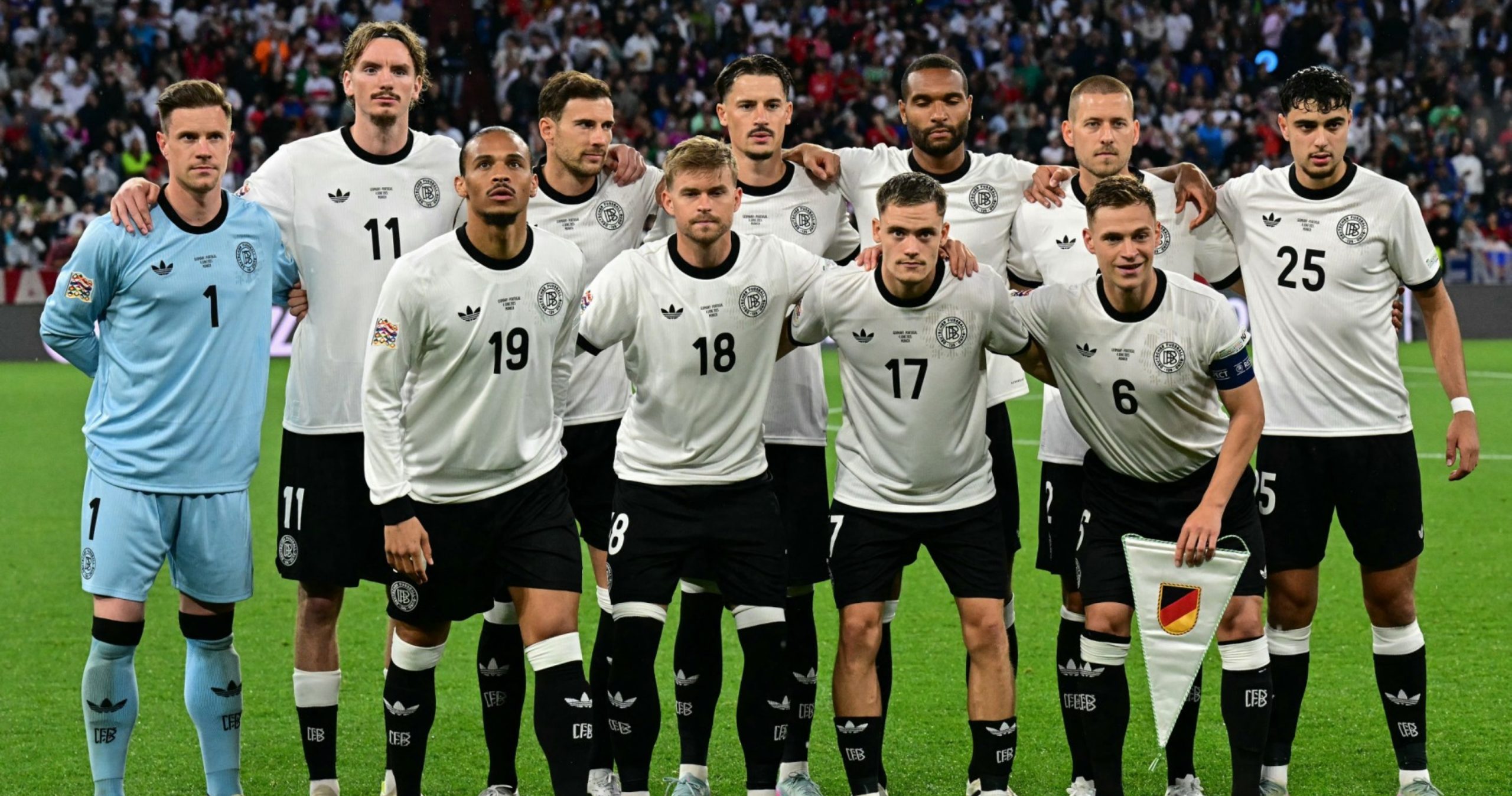
The German Football Association (DFB) and FIFA will decide with full “autonomy” whether to boycott the upcoming World Cup, which will be hosted mainly by the United States in six months, following threats made by former U.S. president Donald Trump, the German government told AFP on Tuesday.
Trump has threatened to seize Greenland and impose higher tariffs on European countries that oppose the plan, raising political tensions between the United States and Europe.
“This assessment therefore lies with the relevant federations, in this case the DFB and FIFA. The federal government will respect that decision,” Sports State Secretary Christiane Schenderlein said in a statement emailed to AFP.
AFP had asked the German government about the possibility of a boycott of the World Cup to be jointly hosted by Canada, the United States and Mexico from June 11 to July 19.
“The federal government respects the autonomy of sport. Decisions regarding participation in major sporting events or possible boycotts fall exclusively within the responsibility of the relevant sports federations, not the political sphere,” said Schenderlein, a member of the conservative CDU, the party of Chancellor Friedrich Merz.
International
Daily Mail publisher insists reports relied on legitimate sources amid privacy trial
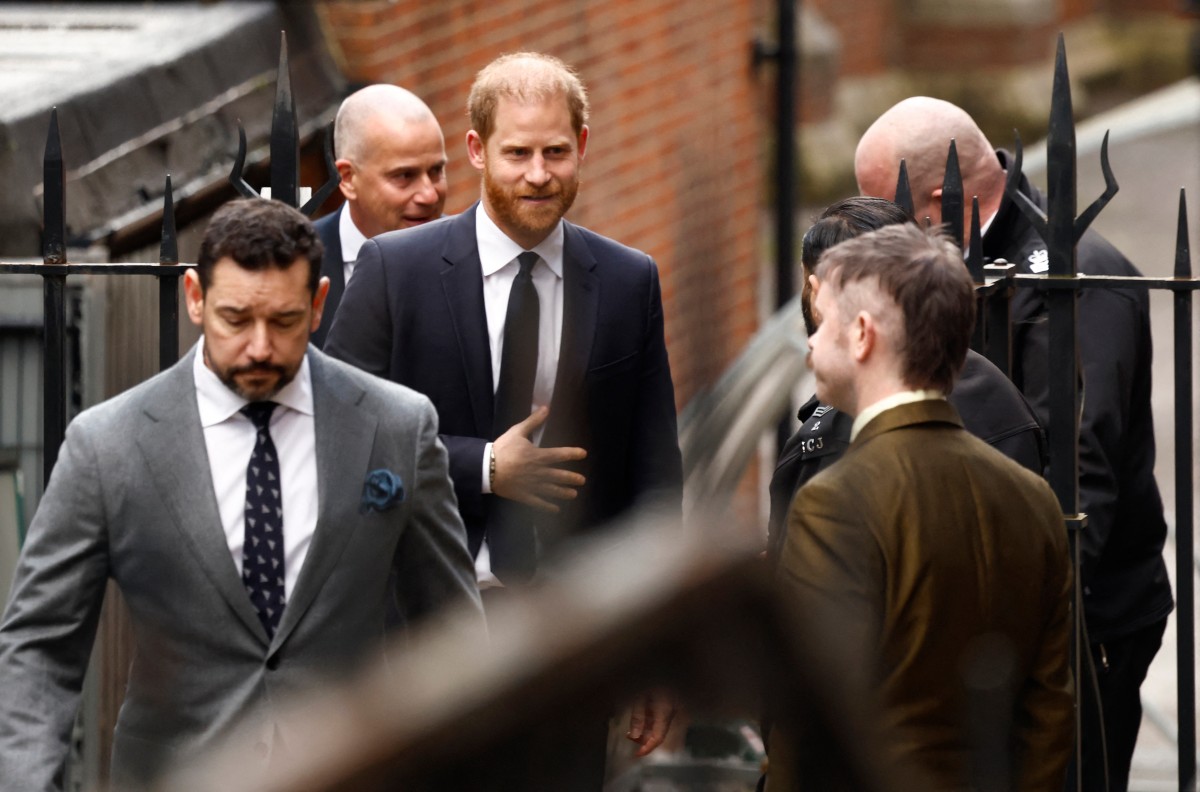
Two British tabloids accused of phone hacking and other forms of “unlawful information gathering” against Prince Harry and six other individuals, including singer Elton John, insisted on Tuesday that their reporting relied on legitimate sources.
Associated Newspapers Ltd (ANL), the publisher of the Daily Mail and The Mail on Sunday, sought to rebut allegations of privacy violations through illegal methods on the second day of trial at London’s High Court, following a lawsuit filed by the seven claimants.
Prince Harry, 41, who attended court hearings on both Monday and Tuesday, could be called to testify starting Wednesday in a trial expected to last up to nine weeks.
Lawyers for the claimants said the alleged illegal activities took place between 1993 and 2011, with some incidents reportedly extending as late as 2018. They argue that the tabloids hired private investigators to intercept phone calls and obtain confidential information, including detailed phone records, medical histories, and bank statements.
However, Anthony White, counsel for ANL, told the court that the trial would show the company presents “a compelling account of a pattern of lawful source acquisition” for its articles.
White added that the claims would require the court to believe that journalists and staff at the tabloids had engaged in widespread dishonesty, which the company strongly denies.
International
Death toll from southern Spain train crash rises to 40
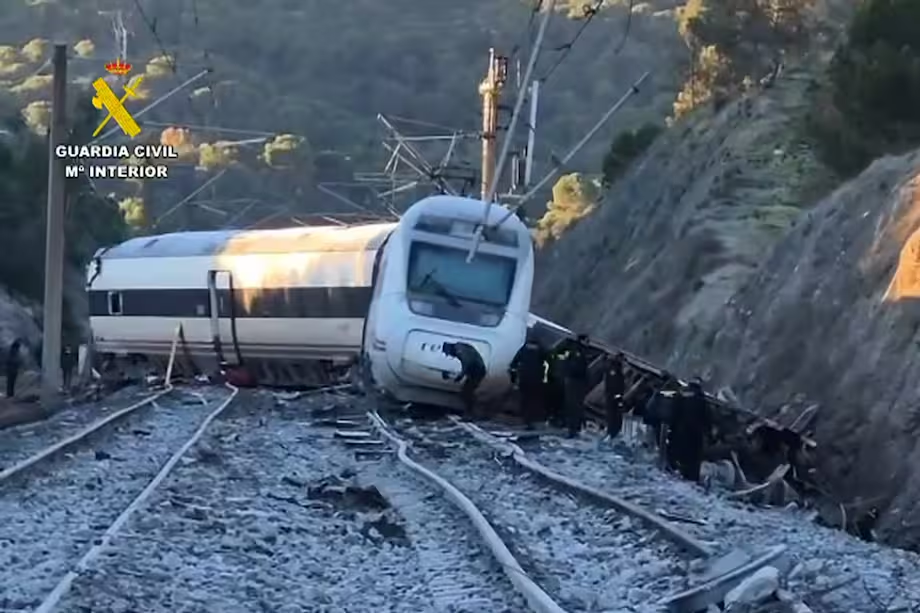
The death toll from the train accident that occurred on Sunday in southern Spain has risen to 40, according to investigative sources cited by EFE on Monday afternoon.
Since early Monday, search operations have focused on the damaged carriages of a Renfe train bound for Huelva, which collided with the last derailed cars of an Iryo train traveling from Málaga to Madrid after it left the tracks.
The crash has also left more than 150 people injured. Of these, 41 remain hospitalized, including 12 in intensive care units at hospitals across the Andalusia region.
More than 220 Civil Guard officers are working at the site, searching the railway line and surrounding areas for key evidence to help identify victims and determine the causes of the accident.
The tragedy has revived memories of the deadliest railway disasters in Europe in recent decades. In Spain, the most severe occurred on July 24, 2013, when an Alvia train derailed near Santiago de Compostela, killing 80 people and injuring 130 others.
At the European level, the worst rail disaster took place on June 3, 1998, in Eschede, northern Germany, when a high-speed train struck a bridge pillar at 200 kilometers per hour, resulting in 98 deaths and 120 injuries.
-

 International4 days ago
International4 days agoU.S. deportation flight returns venezuelans to Caracas after Maduro’s ouster
-

 International2 days ago
International2 days agoDeath toll from southern Spain train crash rises to 40
-

 Central America3 days ago
Central America3 days agoGuatemala prison uprisings leave 46 guards held by gangs
-

 Central America2 days ago
Central America2 days agoGuatemala raises police death toll to nine after gang violence escalates
-
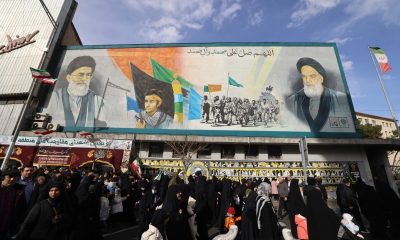
 International5 days ago
International5 days agoCanada accuses Iran of killing its citizen during anti-government unrest
-

 International2 days ago
International2 days agoOver 160 christian worshippers kidnapped in Kaduna Church attacks
-

 International5 days ago
International5 days agoSheinbaum highlights anti-drug gains after U.S. says challenges remain
-

 International3 days ago
International3 days agoChile declares state of catastrophe as wildfires rage in Ñuble and Biobío
-

 International4 days ago
International4 days agoFormer South Korean President Yoon sentenced to five years in prison
-

 International1 day ago
International1 day agoDaily Mail publisher insists reports relied on legitimate sources amid privacy trial
-
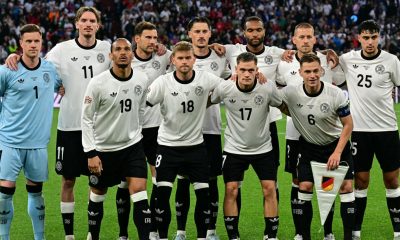
 International1 day ago
International1 day agoGermany says football bodies alone will decide on possible World Cup boycott
-

 International2 days ago
International2 days agoSpain’s Prime Minister pledges transparency after train crash kills at least 39


























